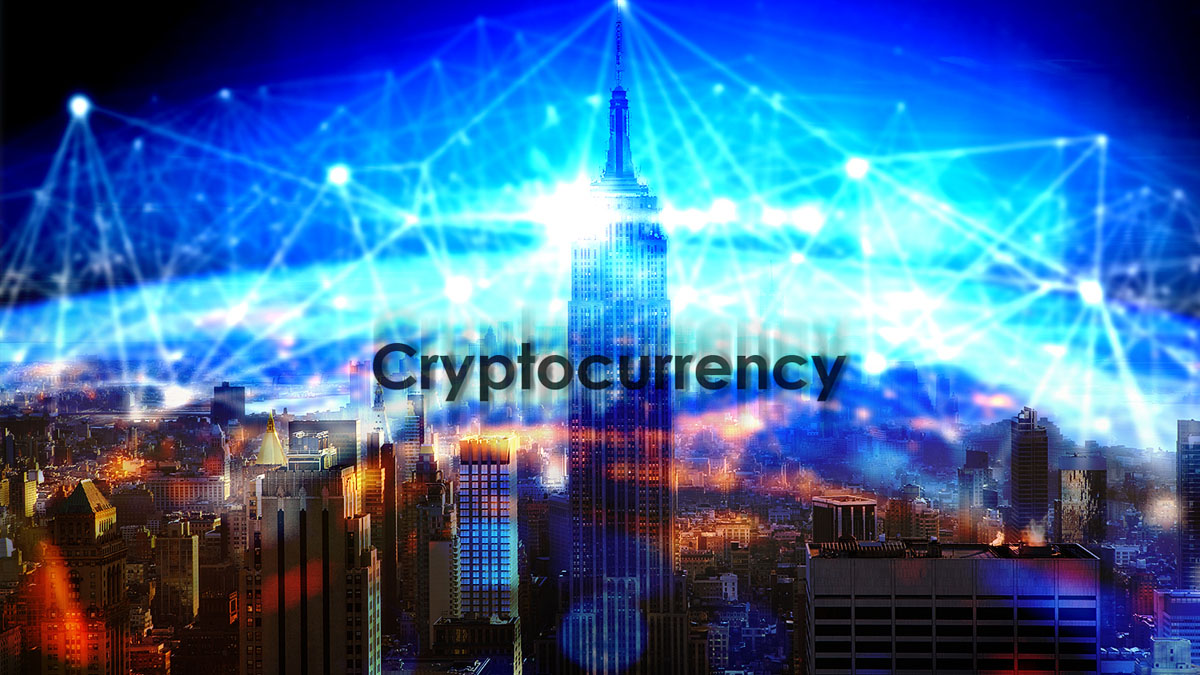Mango Markets, once a prominent decentralized platform on Solana, experienced a drastic change after a $110 million attack last year. In response, Mango DAO, the governing body of the platform, has proposed an agreement with the U.S. Securities and Exchange Commission (SEC). This proposal entails halting the trading of MNGO tokens and paying a fine of $223,228.
Why Did Legal Scrutiny Intensify?
The proposal emerged as multiple U.S. regulatory bodies began scrutinizing the protocol. Mango DAO has called for a vote on this proposal, which could significantly affect the platform’s future. Ceasing the trade of MNGO tokens threatens Mango Markets’ operational viability.
After the $110 million attack by Avraham Eisenberg, Mango Markets faced severe repercussions. Eisenberg was charged with fraud and market manipulation, leading to investigations by the Department of Justice (DOJ), SEC, and Commodity Futures Trading Commission (CFTC). Concurrently, some regulatory bodies also began investigating Mango Markets itself.
What Are the Agreement’s Specifics?
Mango DAO’s proposal indicates that the DAO should stop violating sections 5(a) and 5(c) of the Securities Act of 1933. Within 10 days of the agreement’s finalization, all MNGO tokens must be withdrawn from trading. The DAO aims to maintain transparency during this process, despite potential confidentiality constraints.
Acceptance of this proposal could drastically alter Mango Markets’ operations. The removal of MNGO tokens, essential for the platform’s decision-making, introduces considerable uncertainty. This move could also establish a new paradigm for the interaction between decentralized finance (DeFi) protocols and securities regulators.
Concrete Implications for Stakeholders
- Mango Markets’ operational model might need a complete overhaul.
- Other DeFi protocols could face similar regulatory scrutiny.
- The proposal could set new legal precedents in the crypto space.
- Investors may need to reassess their positions in DeFi projects.
- Transparency and compliance could become critical for DAO governance.
The mounting regulatory pressures underscore that even decentralized projects like Mango Markets cannot elude scrutiny. Acceptance of this proposal could pave the way for similar regulatory approaches for other DeFi protocols.













